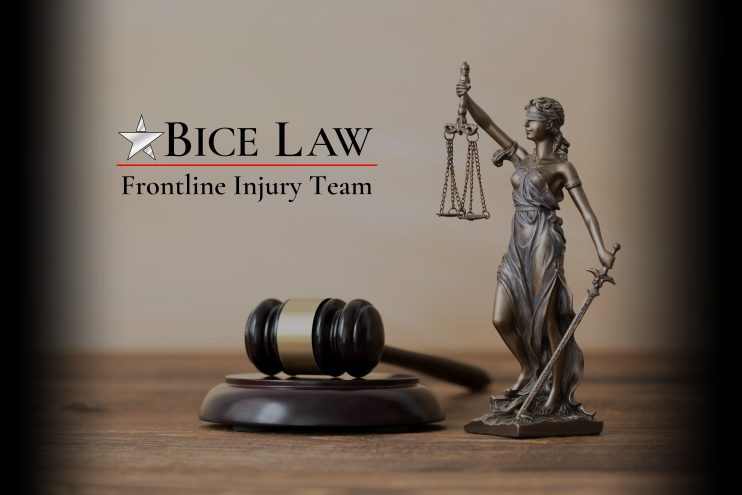Rock Hill, SC Traumatic Brain Injury Lawyer
The Veterans Affairs Medical Center, Washington, D.C., completed a study showing the connection between veterans suffering mild traumatic brain injury and chronic vision disorders. Researchers noted that 67 percent of patient respondents reported vision problems, although none of them suffered any direct eye wounds.
Rock Hill-area veterans suffering these mild brain injuries experience similar problems. This survey shows that vision issues continued more than a year after respondents suffered their mild traumatic brain injury. Common vision problems include the inability to focus both eyes at the same time to read and a sensitivity to light. In addition, their ability to adjust their focus when moving from looking at far away objects to close ones is also often impaired.
Many respondents stated that it took five years or more to recover their unimpaired vision, much longer than most sports concussions and other mild brain injuries. Eye physicians agree that their military veteran patients often complain about double vision, along with the focusing problems recorded in the study.
Another study, completed by the Miami Veterans Affairs Medical Center and the University of Miami, found that war veterans suffering post-traumatic stress disorder (PTSD) also have vision disorders, particularly dry eye syndrome. Researchers examined the medical records of over two million veterans. They found that around 20 percent of those with PTSD also suffered from dry eye syndrome, which causes their tear glands to malfunction.
Contact the Traumatic Brain Injury | Head Trauma Law Firm of Bice Law
If you have experienced a traumatic brain injury, take the first step to protect your legal rights– contact the personal injury firm of Bice Law serving both North Carolina and South Carolina. You only have a limited time after your injury to file a claim, so act quickly. Call 877-BICE-877 today or submit an online request to get a free consultation with a traumatic brain injury attorney. Results are how we measure success – we’ve built a strong reputation both in and out of the courtroom, and we’ll put our experience and expertise to work on your behalf.
Source:http://medicalxpress.com/news/2012-11-brain-injury-stress-disorder-strong.html

